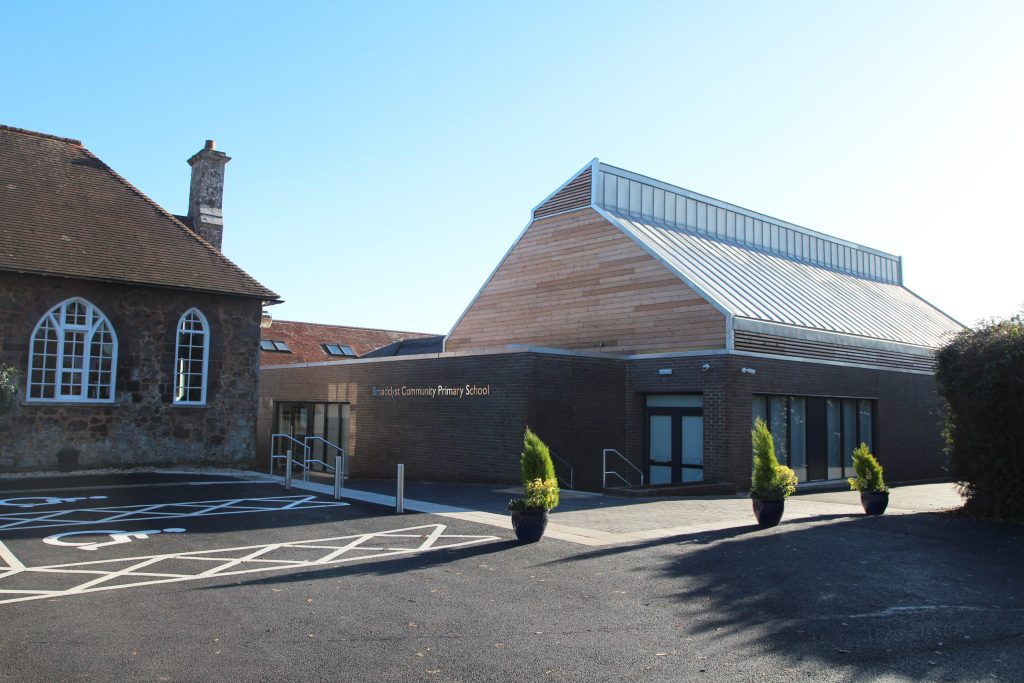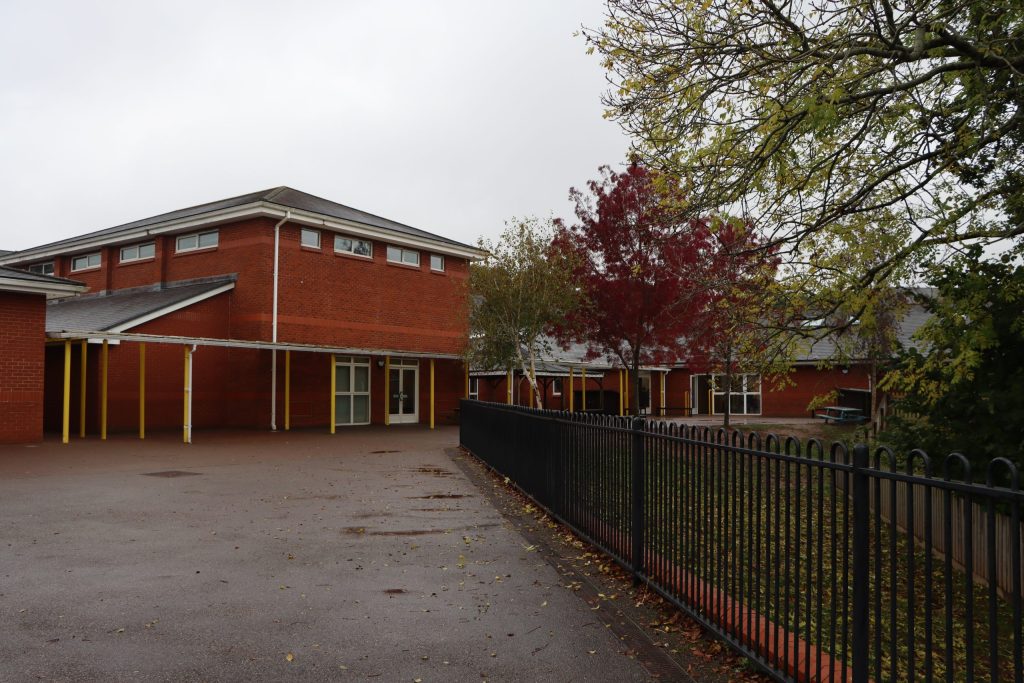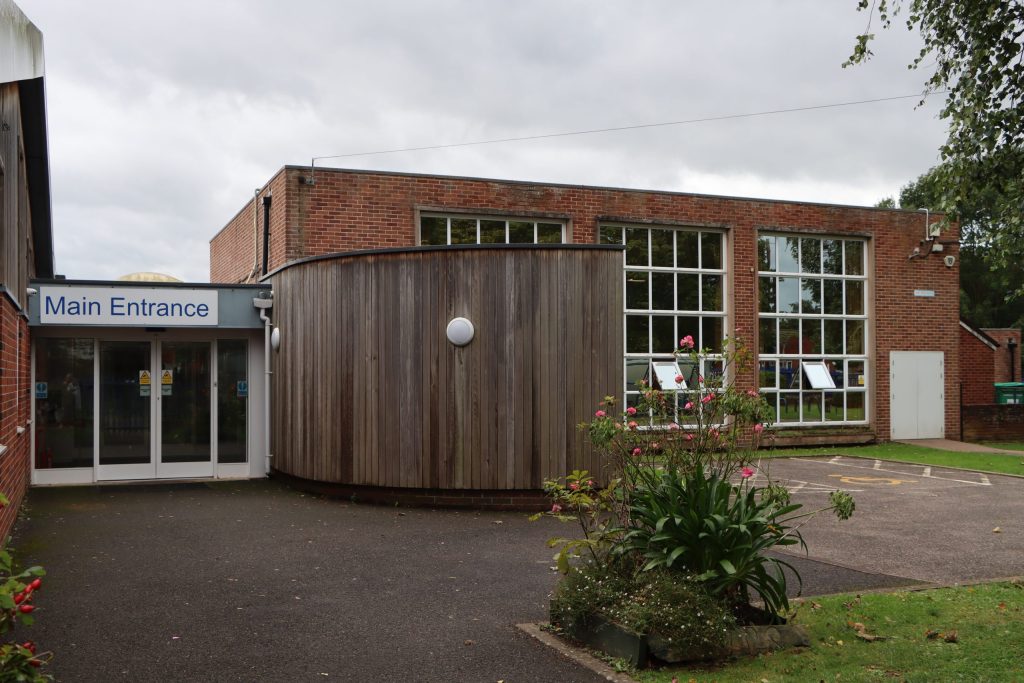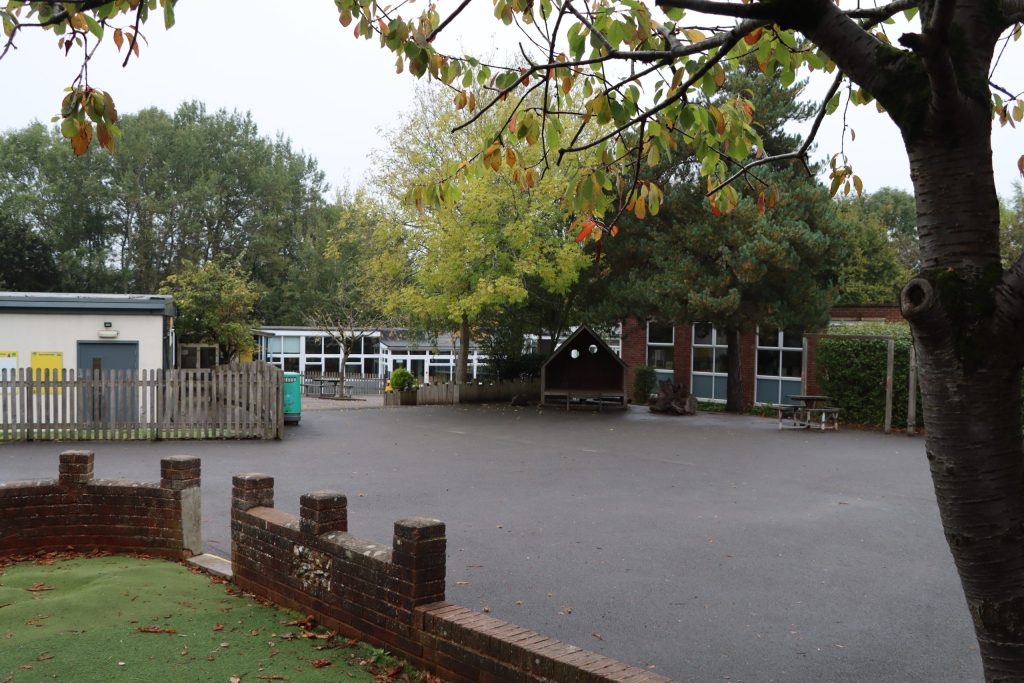Spanish
At The Cornerstone Academy Trust, we believe that introducing a modern foreign language at primary level is a vital step in preparing children for life in a global society. Spanish has been carefully chosen as our focus language for several key reasons:
- It is the second most widely spoken language in the world, offering children access to a rich and diverse global culture.
- It aligns with the language priorities of our local secondary schools, ensuring a smooth and meaningful transition as pupils continue their language learning journey.
Through engaging lessons, children will begin to develop their listening, speaking, reading and writing skills in Spanish, while also gaining an appreciation for different cultures and ways of life. This early exposure builds confidence, curiosity, and a strong foundation for future learning.
Nursery
Spanish is not formally introduced in Nursery, but children begin to develop an awareness of different languages and cultures through songs, stories, and celebrations from around the world. They may hear simple greetings or words in Spanish during play or group time, helping to build curiosity and familiarity with the sounds of another language. These early experiences lay the groundwork for more structured language learning in Reception.

Understanding the World
Understanding the world involves guiding children to make sense of their physical world and their community. The frequency and range of children’s personal experiences increases their knowledge and sense of the world around them – from visiting parks, libraries and museums to meeting important members of society such as police officers, nurses and firefighters. In addition, listening to a broad selection of stories, non-fiction, rhymes and poems will foster their understanding of our culturally, socially, technologically and ecologically diverse world. As well as building important knowledge, this extends their familiarity with words that support understanding across domains. Enriching and widening children’s vocabulary will support later reading comprehension.
Reception
In Reception, pupils are introduced to Spanish in a fun and engaging way during the Summer Term. They begin by learning simple greetings, numbers, colours and everyday vocabulary through songs, games, and interactive activities. Children enjoy practising new words in playful contexts, such as role play and storytelling. The focus is on listening and speaking, helping pupils to build confidence and enthusiasm for learning a new language. These early experiences support their understanding of different cultures and prepare them for further language learning in Key Stage 1.
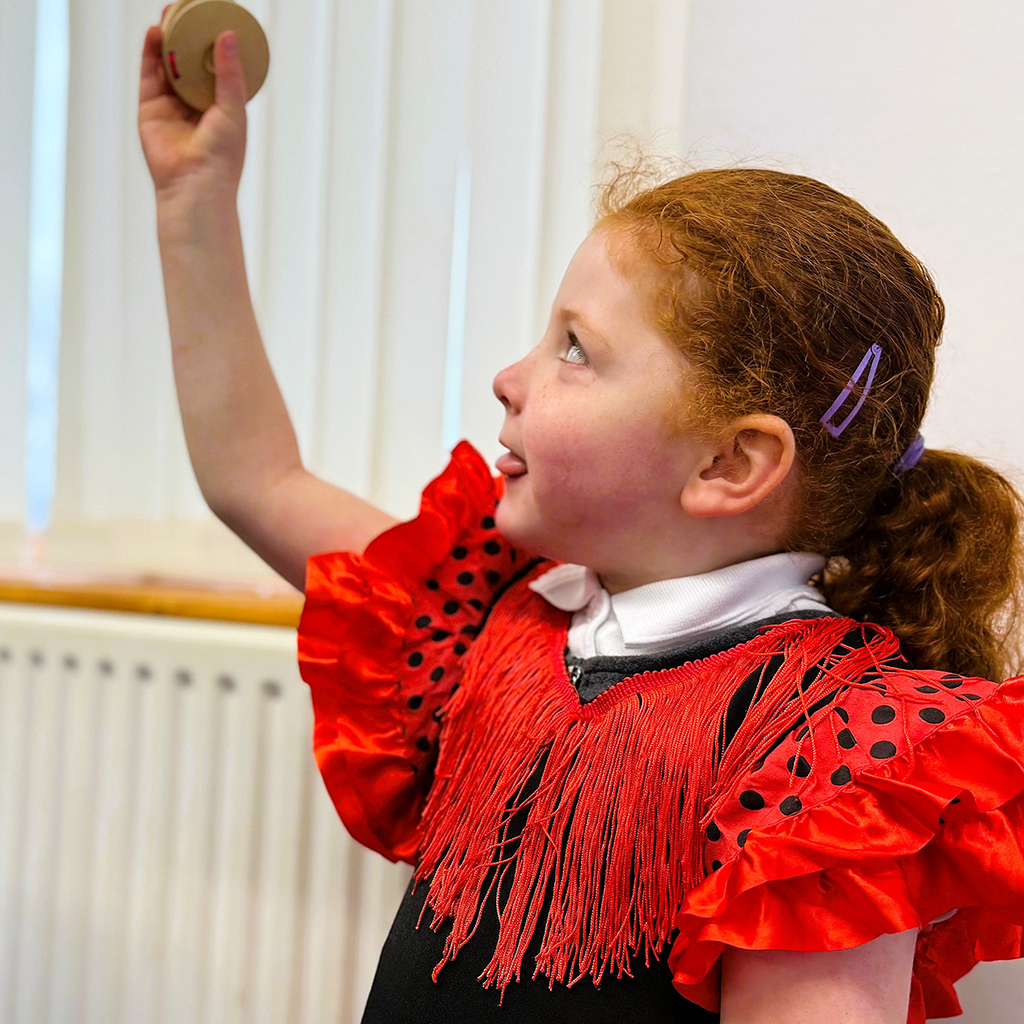
Understanding the World
Understanding the world involves guiding children to make sense of their physical world and their community. The frequency and range of children’s personal experiences increases their knowledge and sense of the world around them – from visiting parks, libraries and museums to meeting important members of society such as police officers, nurses and firefighters. In addition, listening to a broad selection of stories, non-fiction, rhymes and poems will foster their understanding of our culturally, socially, technologically and ecologically diverse world. As well as building important knowledge, this extends their familiarity with words that support understanding across domains. Enriching and widening children’s vocabulary will support later reading comprehension.
Year 1
In Year 1, children are introduced to the Spanish language through fun, interactive activities that build confidence and curiosity. They begin with basic greetings and learn how to talk about pets, colours, and numbers to 10. As the year progresses, they explore seasonal topics like Navidad (Christmas) and learn to name farm animals, family members, and hobbies. Children also discover the months of the year and practise combining vocabulary in simple phrases. Towards the end of the year, they take part in a recap and begin some early Spanish writing, helping them build a strong foundation in language learning through songs, games, and storytelling.
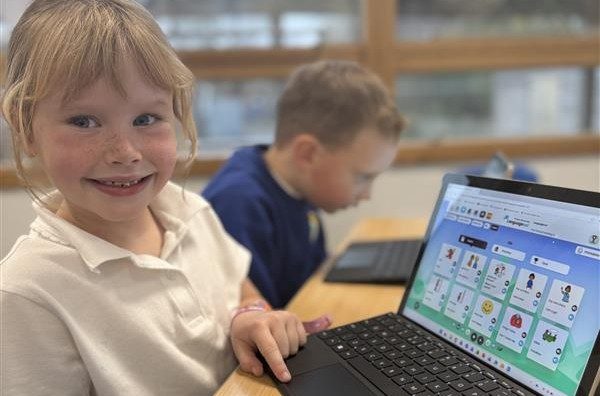
- Say basic greetings (Hola).
- Name pets and farm animals.
- Count from 0 to 10.
- Name colours.
- Name months of the year.
- Talk about their family and hobbies.
- Recap and practise Spanish writing.
Year 2
In Year 2, children continue to grow their confidence in Spanish through lively and meaningful topics. They use greetings and numbers to 20 to communicate in simple ways, and explore everyday vocabulary such as pets, common foods, and my home. As their language skills develop, they learn to talk about hobbies, days of the week, and family members, using songs, games, and role-play to bring the language to life. Seasonal learning includes Navidad (Christmas), and children also explore the world of animals—naming zoo and wild animals, and using colours to describe them. The topic of the body helps them connect language to themselves, supporting both vocabulary and confidence in speaking.
- Say greetings and count from 11 to 20.
- Name hobbies and days of the week.
- Celebrate Navidad (Christmas).
- Name pets, home, and common foods.
- Talk about their family.
- Name zoo and wild animals.
- Use colours to describe animals.
- Name parts of the body.
Year 3
In Year 3, pupils expand their Spanish vocabulary and conversational skills, learning to count to 50 and hold simple conversations about themselves, including topics from previous years. They explore new themes such as sizes, food and drink, healthy lunch boxes, transport, school subjects, and places in school. Pupils develop their listening and speaking skills by responding to spoken Spanish, engaging in basic conversations, and presenting ideas orally. They also enjoy stories, songs, poems, and rhymes in Spanish, while practising accurate pronunciation and intonation. In reading and writing, pupils link spelling, sound, and meaning, spell basic vocabulary, form simple sentences, and show understanding of simple Spanish texts.
- Count to 50 and talk about themselves.
- Learn words for food, school, and transport.
- Join in with songs and stories.
- Ask and answer simple questions.
- Read and write basic words and sentences.
Year 4
Year 4 pupils build on their prior knowledge, counting to 100 and holding conversations about themselves. They learn to discuss jobs and professions, tell the time, talk about countries, compass points, holiday locations, and describe weather and seasons. Speaking and listening skills are developed through engaging in conversations, asking and answering questions, expressing opinions, and presenting information orally. Pupils describe people, places, things, and actions both orally and in writing. In reading and writing, they link spelling, sound, and meaning, write phrases from memory, describe in writing, and read and understand simple Spanish texts.
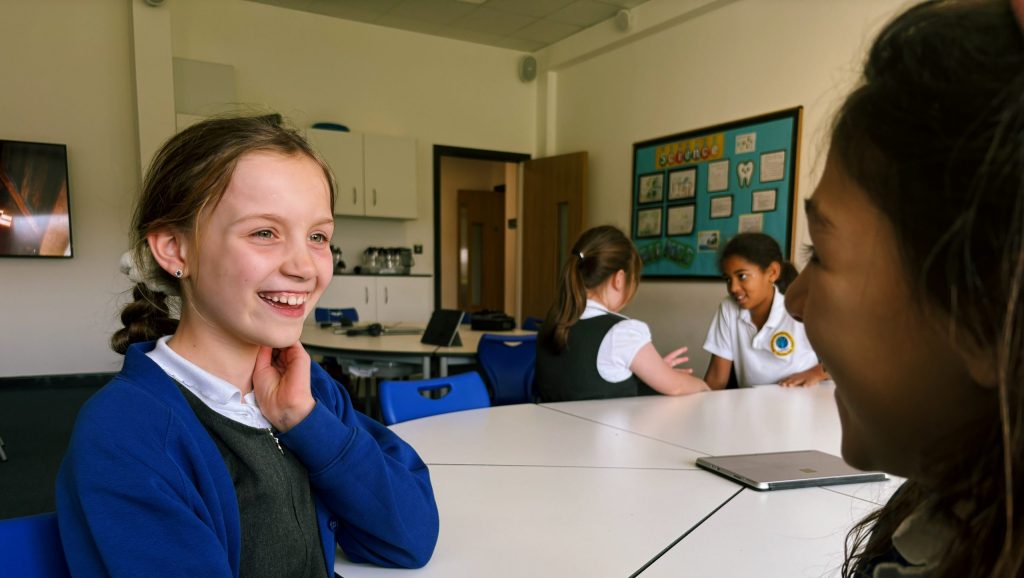
- Count to 100 and talk about jobs, time, and holidays.
- Describe people, places, and weather.
- Take part in short conversations.
- Read and write simple phrases and sentences.
Year 5
In Year 5, pupils revisit numbers to 100 and further develop conversational skills on familiar topics. They explore new areas such as sports, healthy eating, keeping fit, clothes, shopping, weather, opposites, and illnesses. Pupils continue to improve their speaking and listening by engaging in more extended conversations, presenting ideas, and describing people, places, and actions. Reading and writing skills include forming simple sentences, writing from memory, describing in writing, and understanding basic Spanish grammar, including verb forms and noun agreements. Pupils also broaden their vocabulary and deepen their understanding of Spanish texts.
- Talk about sports, food, shopping, and health.
- Use weather words and describe clothes.
- Have longer conversations and give opinions.
- Read and write short texts and use basic grammar.
Year 6
Year 6 pupils consolidate their Spanish skills, revisiting numbers to 100 and ordinal numbers, and holding more advanced conversations about themselves and familiar topics. They discuss celebrations, festivals, musical instruments, technology, continents, and places around town. Pupils demonstrate confidence in speaking and listening, using accurate pronunciation and intonation, engaging in conversations, and presenting information to the class. In reading and writing, they write from memory, describe in detail, use correct grammar, and broaden their vocabulary through dictionaries and texts. Pupils also compare Spanish grammar to English, enhancing their linguistic awareness and preparing for further language study.
- Discuss festivals, music, technology, and places in town.
- Use numbers and dates confidently.
- Speak and write in longer sentences.
- Understand and use key grammar rules.
- Read and write about familiar topics.
Contact: admin@tcat.education
Phone: 01392 304040
© The Cornerstone Academy Trust 2025



